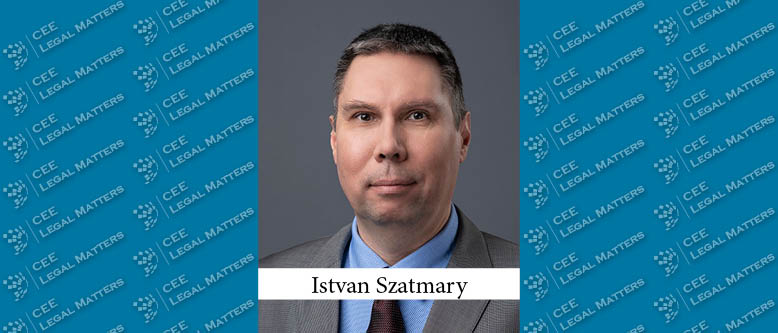Not even half a year has passed since ChatGPT’s AI-supported chatbot started its public career in the online space and we have already heard of the first (?) lawyer who got in trouble in court for using AI to do background research. For those who missed the story, the chatbot “created” some fake case law examples, and upon several follow-up questions, the AI even confirmed that the cases were real. The references to these cases were then submitted to a US court where it quickly became clear that the cases never existed. Apart from the procedural problems this caused for the lawyer involved, this was an eye-opener for many in the legal industry.
The story sheds light on important takeaways for those of us in the legal industry who already use AI and other legal tech tools as part of our daily routine, as well as for those who do not (but who – I think – surely will). If you think this can only happen in the US, and CEE is far from the US, then never forget that on the information highway, there are no longer any geographical barriers. Novel technology will become part of our everyday routine around the globe faster than we could have ever imagined. AI is here and everywhere, no matter if you are already aware of it or simply opted to deny its existence. So, what lessons can we learn from this story here in CEE? I think many, but let me focus on some key consequences that can have a substantial impact on our daily routine.
Maybe not the most obvious conclusion, but still, for me, one of the most important messages is that we should not be afraid of either AI as a whole or using AI in particular. This may sound weird in light of what happened in the courtroom in New York, but as a competition lawyer, I have already learned that two independent sources are needed for evidence to play a role in an investigation, so no one should ever trust information deriving from one source only. And if you ask AI to confirm whether it was right, the source of confirmation for the question will still be the AI itself. We should only rely on AI if we are aware of its limits and we are able to verify what it tells us. But that does not mean that we should not use AI-based legal tech.
My other observation is that AI is not omnipotent and I am convinced it will never be. In the legal industry – luckily – we will never exclude the human factor. The role of the human factor will, however, be completely different from the current roles of lawyers in counseling. I think we will go through a process similar to the way photography changed. With smartphones, everybody can take relatively acceptable photos for everyday use or for family albums – you no longer need to go to a photographer’s studio to take a family photo. However, if you need pictures for your website, you will hire a professional photographer – and if they are really good, you will pay much more than ever before. Similar to photography, the human factor in the legal profession will definitely be the most prestigious element in high-profile, cutting-edge counseling but can surely be replaced by AI solutions in commodity work.
And what does all that tell us about the legal services industry in CEE? I think the answers here are not different from those in the rest of the world: you need to take an agile approach; you need to adapt quickly and to be able to do so you need to be flexible and resilient. No matter if you are a local subsidiary of a global firm or if you are a local boutique practice, the playing field is the same and you cannot spare preparing yourself for the drastic changes that legal tech will bring about. We can already see some very inspiring examples of this preparation process, in particular in the Baltic region, and it is for me personally very inspiring to take part in such initiatives as practice management software development with tailor-made tools optimized for up-to-date law firm operations.
And, last but not least, to avoid becoming the next victim of AI, use your human instincts, experience, and critical approach. After all, this is what makes us different from machines.
By Istvan Szatmary, Managing Partner, Oppenheim
This article was originally published in Issue 10.6 of the CEE Legal Matters Magazine. If you would like to receive a hard copy of the magazine, you can subscribe here.





















